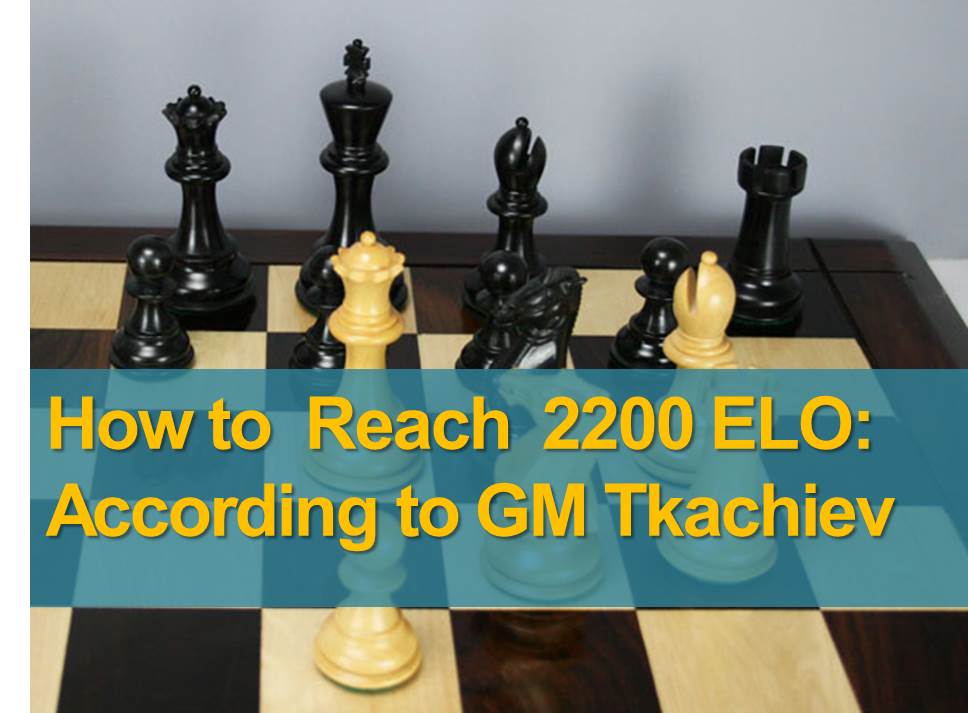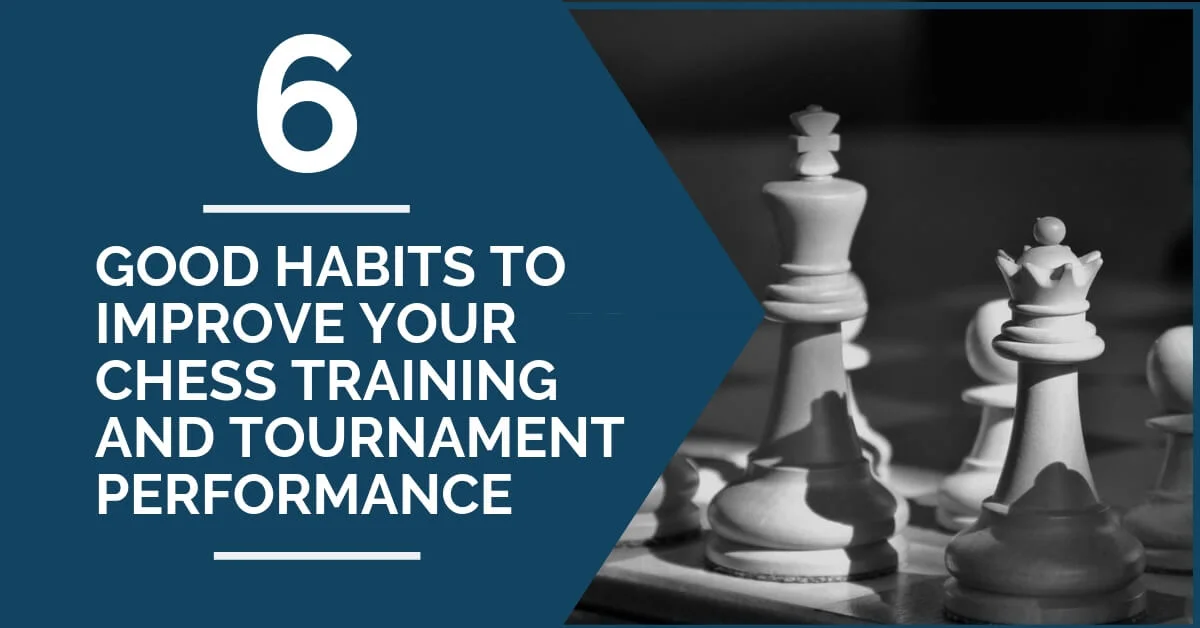3 Effective Training Methods According to Mark Dvoretsky
According to a famous chess coach Viktor Goncharov, today’s chess training methods have multiple serious flaws. The most significant one is probably the inability of chess coaches (very strong chess players themselves) to understand the difficulties that their students are facing when studying chess.
Due to their own high chess level they make assumptions based on their own chess ability, which not always directly translates to their student-players, making educational process more difficult. In simple terms, not every strong chess player is capable to teach one to become a strong player.
Another problem according to Goncharov, is greatly related to the absence of the right materials which can teach chess coaches about how to train amateur players. Lastly, any chess exercise should have a meaning which should be beyond simply finding a solution. The student needs to realize the point of that exercise, capture the main idea and to be able to apply it in his own chess games. Otherwise, the knowledge is useless.
The main goal of a student is to change their thinking process and to be able to start using common chess algorithms for assisting in decision making process. The main question is how to do that?
Mark Dvoretsky suggests three training methods which can help in realizing this goal.
Method 1. “Guess a move” approach
This method was used by many masters and grandmasters including Bronstein, Gort, and Nimzovich himself. The idea is to find a well-annotated chess game and to start guessing the moves right after the opening for one of the players. You should also write down your thoughts and compare them with the annotator’s analysis at the end of the game. Based on this comparison you can draw a conclusion about your own understanding of the game.
This training approach can help you to greatly improve positional vision. It will also make sure that you actually understand the game you’re studying in a much greater extent than if you just skim through the moves and read the annotations, without applying yourself.
Method 2. Endgame blitz
In order to improve endgame play, you need to practice in conditions that simulate real games. First, Dvoretsky suggests thinking about the position on the board for a few minutes. Then, the position should be played out against a sparring partner, coach or a chess engine.
The key of this exercise is to pick meaningful positions to be analyzed and later played out against a human or a computer opponent. By meaningful positions, Dvoretsky means the ones that are common at chess and have a clear way to achieve a win or a draw.
Note: If you want to learn how to play common endgames well, I suggest you checking out our premium training course where we spend a lot of time drilling most often occurring chess endings so that you will not have to guess on the winning approach, but simply would know how to win these positions.
Method 3. Analysis algorithm
Sometimes it is hard for amateur chess players to evaluate a complex chess position. In order to simplify this task, Dvoretsky suggests removing all black pieces from the board and focusing only on white pieces at first. The analysis should be done from left to right and position should be evaluated according to the importance of pieces. First, the position of the King is taken into account, then the Queen, Rook, etc.
Next, the white pieces are removed from the board and only the black pieces are setup. The position is evaluated analogous to the previous step but only for black pieces.
Finally, both white and black pieces are setup and the analysis is done by comparing the sides, in order to identify what side possesses an advantage. This technique is called a ‘ladder’ technique because first, we focus just on white pieces, then just on black pieces and finally we make our way to the complete position.










Comments: